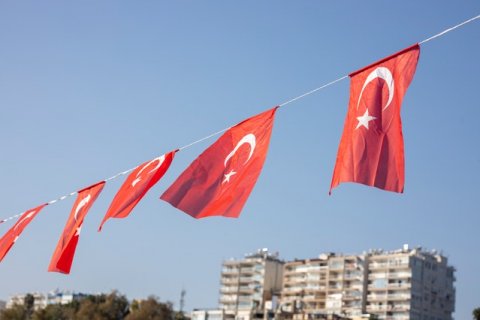
The legal system of Turkey is based on the legal systems of the European countries such as Germany, Italy and Switzerland. It is regulated by the Constitution and numerous laws, acts, etc. According to the Constitution, international acts and agreements have also legal power. They cannot be challenged in the Constitutional court. The Constitutional amendments adopted on May 7, 2004 tell that if the international acts on human rights and public freedoms and the Turkish laws have disagreements on the same issue, then the international acts have power.
The personal liberty can be restricted by the law. Only the judge can take a person into custody and define the detention period.
In order to protect the fundamental freedoms and human rights, Turkey signed the Protocol, which is an addition to the European Convention. According to this Protocol, the death penalty was abolished. Besides, some changes in the Penal Code of Turkey were established. These changes were aimed at the extension of the human rights and freedoms.
JUDICIAL SYSTEM IN TURKEY
The judicial system in Turkey is presented by several levels: an administrative judiciary, a legal judiciary, and a special judiciary. The supreme courts are the Constitutional Court, the Court of Jurisdictional disputes, the Court of Cassation, the Council of State, the Supreme Military Administrative Court, the Military Court of Cassation. Two additional organizations are the Supreme Council of Judges and Public Prosecutors and the Supreme Council of Public Accounts.
EXECUTIVE BRANCH
The executive branch of the country is presented by the President who is the head of the Republic, and the Council of Ministers (the Cabinet).
LEGISLATIVE BRANCH
The Turkish Grand National Assembly represents the legislative branch. There are 550 deputies in the Assembly. The TGNA adopts draft laws, amends and repeals the existing laws, supervises the Council of Ministers, approves the budget, makes decisions on the printing of currency, declares war, ratifies international agreements.
